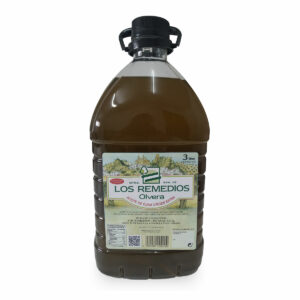AFRICAN SWINE FISH
Since the appearance of the African Swine Fever (PPA) in Belgium in September last year are more than 400 infected boars have been detected in that country, within an area increasingly close to the border with France.
This sickness, that does not affect humans, maintains focuses mainly in Romania, in addition to six other countries of the European Union: Estonia, Hungary, Latvia, Lithuania, Poland and Bulgaria. This situation could be perfectly reproduced in Spain if more cases were detected near our borders. In fact, some autonomous communities are taking measures against the risk of their arrival. While, the Ministry recognizes that the risk in Spain is "moderate", although "on the rise".
Fernando Rodriguez, Head of the Animal Health Research Center (WRITTEN BY- Nursery) from the Autonomous University of Barcelona, has explained that "contrary to the general belief, PPP is not a highly contagious disease, especially when compared with Classical Swine Fever or Foot and Mouth Disease. to transmit, the virus needs direct contact, uncorroborated evidence in our own facilities ". Thus, stresses that the best way to prevent it is to ensure that animals are not in contact with contaminated material possible. further, It emphasizes the concept of biosafety, "That sometimes has not been taken too seriously, and it is now more necessary than ever ". In Spain, the Government has already announced the ban on the importation of wild boars into the national territory as a preventive measure.
APHTOSE FEVER
Regarding Foot and Mouth Disease, and in view of the recently identified outbreaks in Morocco, Agricultural organizations such as the Union of Farmers and Livestock Unions have insisted to the Ministry of Agriculture on the importance of extreme prevention measures against the possible entry of this disease into Spain. The three outbreaks detected in the Maghreb country are in areas separated by distances of up to 400 km., the last of them being located in the north zone, therefore it is considered vitally important to increase precautions.
The proximity of Melilla, and the important exchange and movement of people and goods between Morocco and this city, and from there to the Peninsula, involve a serious risk of transmission of the disease to Spanish territory, and therefore to the European Union. In this way, it is insisted that, in the current situation, extreme control must be exercised in these movements and no exceptionality must be approved.
Foot-and-mouth disease is a viral disease that affects a large number of species, especially ruminants and pigs, domestic or wild, characterized by small ulcers in the mouth, and other injuries that cause high mortality in young animals, and important affectations in adults. Being very contagious among livestock, although it is controlled and treated, can cause significant economic losses, both for the farmer and for the entire agri-food industry. It is considered one of the most important viral diseases due to its great power of diffusion, high number of species affected, and the production losses that it entails.
The last outbreak of the disease in Spain took place in 1986, and in the European Union in 2011 (Bulgaria).






